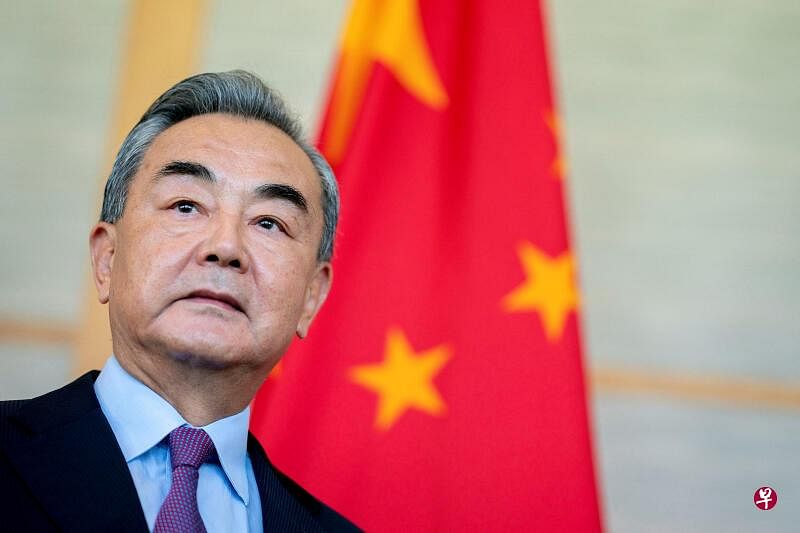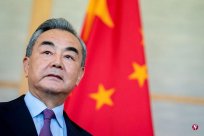
Wang Yi criticized the United States without named, "In order to maintain its own hegemonic rights, Wang Yi has continuously increased its strength to the region ... If it is for peaceful cooperation, we welcome. If it is for trouble, please leave. "
Chinese State Councilor and Foreign Minister Wang Yi shouted to the Asian Diandan State on the Consultation Code of the South China Sea in two weeks.All countries express clear attitudes to "individual countries outside the country".
The game of China and the United States in the South China Sea has been heating up this month. China's official Monday (July 25) cooperates with the 20th anniversary of the signing of all parties of the South China Sea.A seminars are held in a combination to strive to promote the consultation process of Code of Conduct (COC).
Wang Yi emphasized at the opening ceremony of the seminar at the opening ceremony of the seminar that regional countries were "real masters" to properly handle the South China Sea issue, and "East Asian model is an effective way to gather and maintain consensus."
He did not name the United States, saying that "in order to maintain his hegemony, he has continuously increased its efforts to the region in order to maintain his hegemony, deliberately expand contradictions, provoke tension, endangers the legitimate rights and interests of the coastal countries and the normal order of the sea"; "If it is for peaceful cooperation, we welcome. If it is for trouble, please leave. "
Sino -US diplomacy tap continuously heating up
Wang Yi also urged countries to continue to solve the initiative and dominance of the South China Sea issue in the hands of the regional countries themselves, and firmly support all efforts that are conducive to peaceful resolution and control.Tension, stiring confrontation words and deeds. "
After the Bayeng government turned its diplomatic focus to the Indo -Pacific region this year, China and the United States continued to heat up the diplomatic tap around the South China Sea issue.
US Secretary of Defense Austin in June stated that the United States will continue to deepen cooperation with Asians, especially focusing on maritime security.U.S. Secretary of State Brills, on the 12th anniversary of the South China Sea Case on the 12th of this month, urged China to stop the "provocative behavior" in the South China Sea and warn any armed attacks on the Philippine armed forces.Mutual defense commitment.When Wang Yi visited Malaysia on the 13th, he called on the Yajia'an country to refuse the camp to confront and the Cold War thinking, and accelerate the COC consultation.
The military activities of China and the United States in the South China Sea have caused high vigilance in the Asianan country.The United States Liden Aircraft Carrier's strike group entered the South China Sea on the 13th of this month to perform routine safety missions. The Chinese PLA immediately held military training in the Special Water of the South China Sea from 17th to 20th.
Scholars: difficult to underestimate the criteria for negotiations
When Malaysia Foreign Minister Sai Fuding spewed a video on Monday with a video, he reminded all parties to keep restraint and avoid adopting behaviors that may be regarded as provocations, more complicated situations, and upgrading regional tensions.
Yaxian and China signed a declaration of behavior of all parties in the South China Sea in 2002 to agree to maintain restraint in the South China Sea, but the declaration lacks legal binding power.As a result, Axian and China therefore launched a consultation procedure for the South China Sea Conduct of the South China Sea in March 2018.
Chinese Prime Minister Li Keqiang proposed the goal of completing COC negotiations within three years in 2018, but after the COC single consultation text draft was completed in 2019, the negotiations have not seen significant progress so far.
Wu Shi, the founding dean of the South China Sea Research Institute, analyzed in an interview with the seminar, and the difficulty of negotiation was "underestimated."
He said that the policy adjustment of the United States for the South China Sea has changed the demands and enthusiasm of some Asianan countries.All countries must actively promote the consultation, but also expected that there may be differences in. These differences may lead to stagnation in the negotiations, or even stop.


